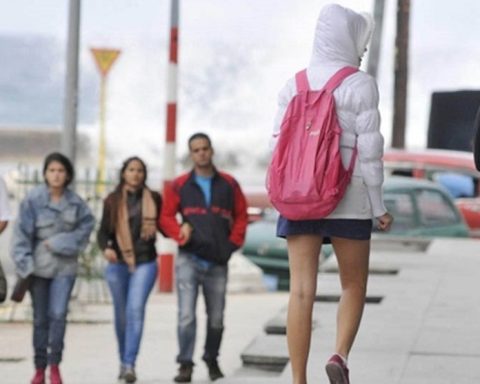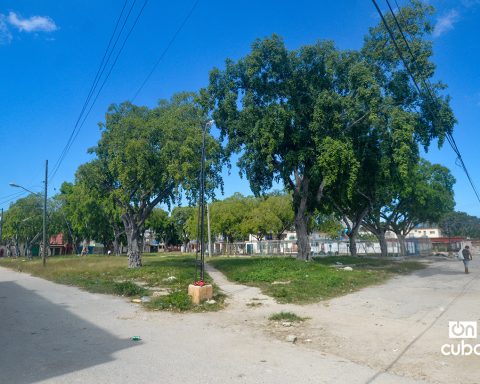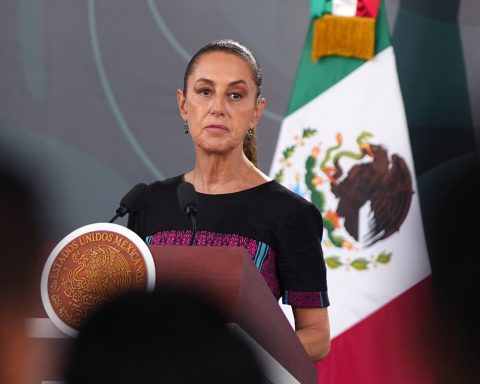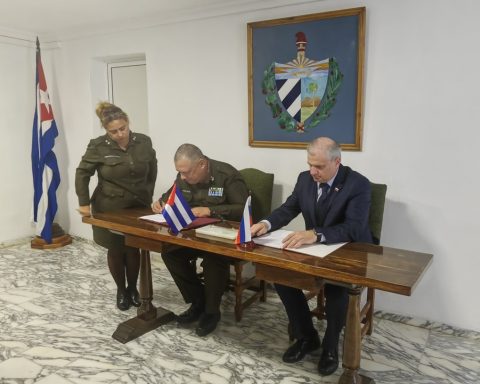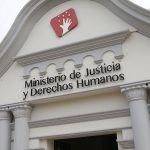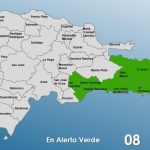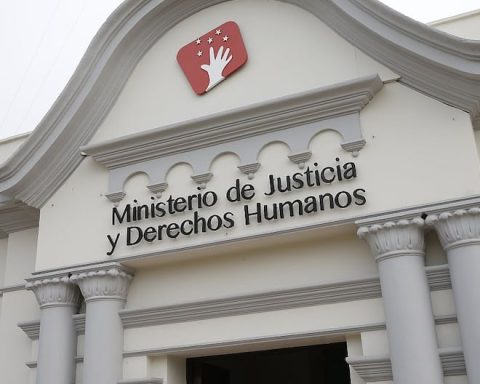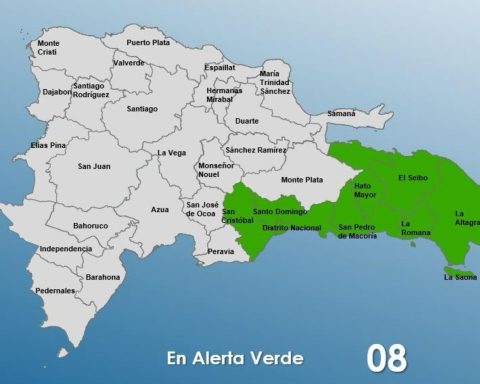MADRID, Spain.- The Inter-American Commission on Human Rights (IACHR) expressed its concern about criminal types that could be used to criminalize the legitimate exercise of freedoms of expression, assembly and association in Cuba after the entry into force of the new Penal Code .
The new Cuban Penal Code, approved this May 15 by the National Assembly, “maintains a broad and imprecise language to classify crimes such as sedition and against the constitutional order and intensifies penalties related to them such as life imprisonment and death,” denounced the IACHR through Twitter.
#Cuba ?? Before the approval of the new Penal Code the #15 MAY, #IACHR Y @RELE_IACHR They express concern about criminal types that could be used to criminalize the legitimate exercise of the freedoms of expression, assembly and association. pic.twitter.com/ZFtBbEQ56L
— IACHR – IACHR (@IACHR) May 20, 2022
The Commission also highlighted that the new legislation includes a criminal offense that would criminalize the financing of organizations and journalists critical of the state and its constitutional order.
For his part, the IACHR rapporteur for Cuba, Edgar Stuardo Ralón, condemned that “by means of ambiguous typifications they seek to silence and persecute those who demand freedom and democracy on the Island.”
As Rapporteur of the @IACHR for #Cuba I express my concern about the new Penal Code, given the multiple complaints that seek to silence and persecute those who demand freedom and democracy on the Island through ambiguous typifications. https://t.co/pnREwyw9dp
— Stuardo Ralon (@StuardoRalon) May 20, 2022
Different organizations have reacted to the Penal Code
This week the Inter-American Press Association (IAPA) condemned the new Cuban Penal Code for having “elements similar to military equipment, which the regime may use to attack and undermine the information and independent opinions of dissidents.”
“Citizens will not even be able to freely use social networks or summon their friends to protest,” denounced the IAPA.
For its part, the Committee to Protect Journalists (CPJfor its acronym in English) referred to how the Penal Code “criminalizes even more the work of independent journalists on the Island, since it prohibits financing from foreign sources and thus seriously jeopardizes the existence and sustainability of the work of these communicators.
Receive information from CubaNet on your cell phone through WhatsApp. Send us a message with the word “CUBA” on the phone +1 (786) 316-2072, You can also subscribe to our electronic newsletter by giving click here.

